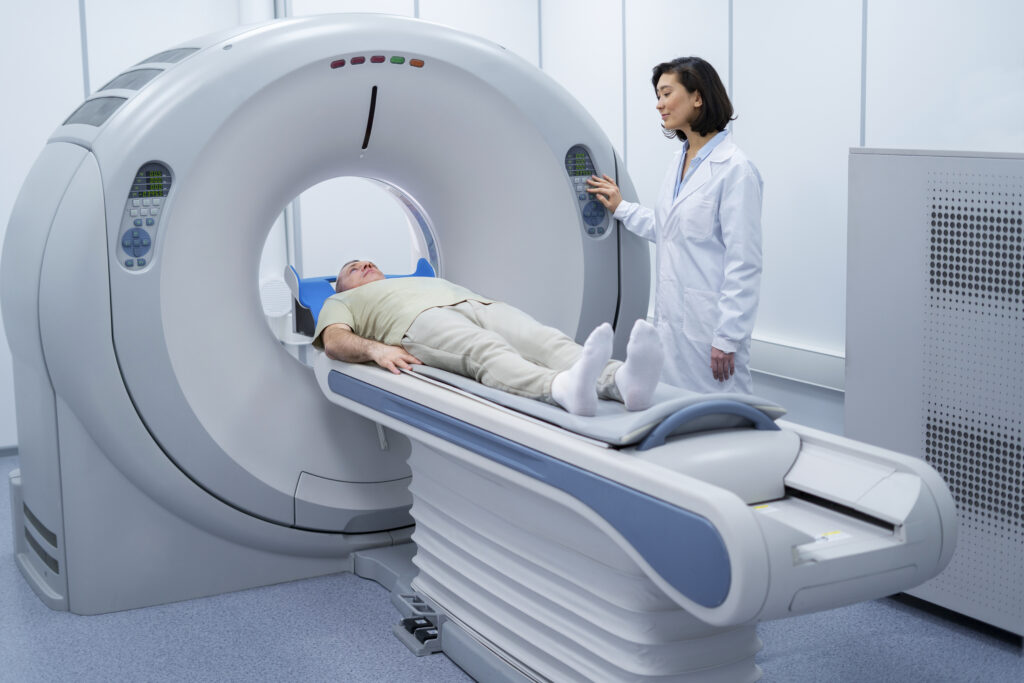Tips for Managing Anxiety Before Medical Tests or Scans

Dealing with medical tests or scans can be a nerve-wracking experience for many individuals. The fear of the unknown, coupled with concerns about potential health issues, often leads to a phenomenon known as ‘scanxiety’ – anxiety related to upcoming medical scans. In this blog post, we’ll explore what scanxiety is and offer practical tips to help manage and cope with this anxiety.
Understanding Scanxiety: Scanxiety is a term used to describe the heightened anxiety and stress that individuals experience before undergoing medical tests or scans. This anxiety can manifest in various ways, such as sleep disturbances, racing thoughts, or physical symptoms like nausea and headaches. It’s essential to recognize and address scanxiety to promote overall well-being during the lead-up to medical procedures.
Tips for Managing Scanxiety:
- Educate Yourself: Knowledge is power. Understanding the purpose of the medical test, the procedure involved, and potential outcomes can help alleviate fear of the unknown. Ask your healthcare provider to explain the process in detail, and seek reliable sources for additional information.
- Establish a Support System: Share your concerns with friends, family, or a support group. Having a reliable support system can provide emotional reassurance, and loved ones can offer encouragement during challenging times.
- Practice Relaxation Techniques: Incorporate relaxation techniques such as deep breathing, meditation, or progressive muscle relaxation into your daily routine. These practices can help calm the mind and reduce overall anxiety levels.
- Mindfulness and Meditation: Engage in mindfulness activities or guided meditation to stay present and focused. Apps and online resources offer a variety of meditation sessions that cater to different needs, including anxiety reduction.
- Distract Yourself: Keep your mind occupied with activities you enjoy. Whether it’s reading, watching movies, or pursuing a hobby, distraction can be an effective way to redirect your thoughts and reduce anxiety.
- Communicate with Healthcare Providers: Open communication with your healthcare team is crucial. Share your concerns, and discuss any specific fears or anxieties you may have. They can provide additional information, address your worries, and offer support.
- Set Realistic Expectations: Understand that it’s normal to feel anxious before medical tests, but try to maintain a realistic perspective. Remember that the tests are designed to provide valuable information for your healthcare team to better understand and address your health concerns.
- Plan for Self-Care: Prioritize self-care activities leading up to the scan. Ensure you get adequate sleep, eat well-balanced meals, and engage in activities that promote overall well-being. Taking care of your physical health can positively impact your mental state.
Conclusion: Facing medical tests or scans can be challenging, but adopting coping strategies can make the experience more manageable. By educating yourself, building a support system, and practicing self-care, you can navigate scanxiety and approach medical procedures with a more positive mindset. Remember that you’re not alone in your journey, and seeking support is a strength that contributes to your overall well-being.
